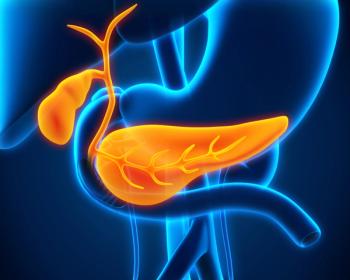
The oncolytic adenovirus VCN-01 is under investigation as a treatment for metastatic pancreatic ductal adenocarcinoma in the phase 2b VIRAGE trial.

Your AI-Trained Oncology Knowledge Connection!


The oncolytic adenovirus VCN-01 is under investigation as a treatment for metastatic pancreatic ductal adenocarcinoma in the phase 2b VIRAGE trial.

An experimental cyclophosphamide-based prophylaxis regimen may also elicit a lower rate of chronic graft-versus-host-disease vs standard prophylaxis in patients with hematologic cancers.

Ritu Salani, MD, details the health-related quality of life benefits associated with dostarlimab in the treatment of advanced endometrial cancer, which includes improvements in back and pelvic pain.

Greater age may be an additional risk factor for fatigue among patients with prostate cancer receiving second generation antiandrogen agents, according to a recent systematic review.
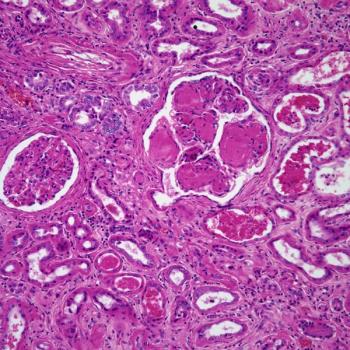
Investigators anticipate sharing data from a phase 1/2a trial evaluating inobrodib on its own and in combination with pomalidomide and dexamethasone among patients with multiple myeloma at a future medical conference.

Data appear to support a tailored treatment approach with induction and post–autologous stem cell transplant consolidation daratumumab and CVRd in those with ultra-high–risk multiple myeloma.
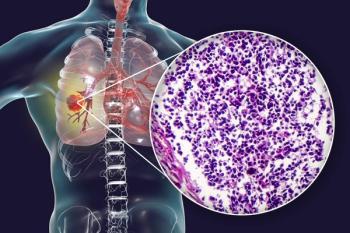
Immunogene therapy quaratusugene ozeplasmid will be evaluated in combination with atezolizumab in a phase 1/2 trial for the treatment of small cell lung cancer.

Ritu Salani, MD, describes the concordance between blinded independent central review and provider-assessed outcomes with dostarlimab among patients with advanced recurrent endometrial cancer in the phase 3 RUBY trial.
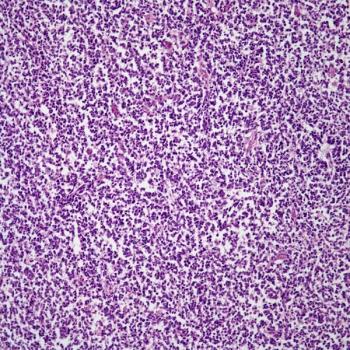
The agent continues to produce ongoing responses in a cohort of patients with undifferentiated pleomorphic sarcoma or myxofibrosarcoma in the phase 2 ENVASARC trial.

Investigators expect to have a readout of topline data from the phase 2 OPTIMIZE-1 trial evaluating mitazalimab plus chemotherapy in metastatic pancreatic ductal adenocarcinoma in early 2024.

A recent Satellite Sessions program hosted by CancerNetwork® brought together experts from different Ochsner Health campuses to discuss the diversity of practices among care providers regarding patient interactions and treatment choices.
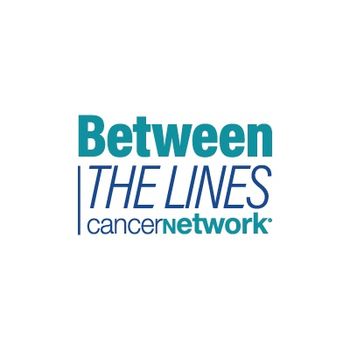
Experts present and discuss new findings from the CheckMate 9ER trial, evaluating nivolumab plus cabozantinib vs sunitinib in renal cell carcinoma.

ERAS-801 is under investigation as part of the phase 1 THUNDERBBOLT-1 trial in a population of patients with EGFR-mutant, recurrent glioblastoma.

Lindsay Morton, PhD, discusses the risks of developing secondary cancers among cancer survivors due to factors such as genetics and adverse effects associated with some chemotherapy- and radiotherapy-based regimens.
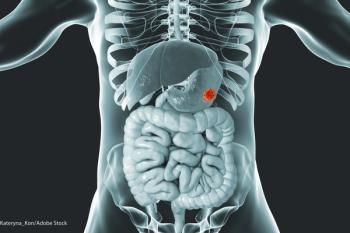
Topline data from the phase 3 KEYNOTE-585 trial, evaluating pembrolizumab in gastric and gastroesophageal junction adenocarcinoma, show a better rate of complete response following the experimental regimen vs chemotherapy alone.

Iopromide injection becomes the first FDA-approved contrast agent for visualizing known or suspected breast lesions in adult patients.

A pair of experts explore the expanding treatment landscape in non–small cell lung cancer for patients with EGFR exon 20 insertion mutations.

Gregory W. Roloff, MD, indicates that brexucabtagene autoleucel did not yield significant positive findings in patients with relapsed/refractory B-cell acute lymphoblastic leukemia who were MRD positive.
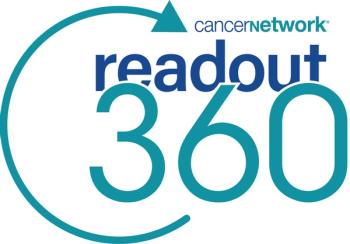
"We’ve learned from our colleagues in breast cancer that there are opportunities to leverage this hormonal axis with combinations [including] a CDK4/6 [inhibitor]."

A panel of experts, a patient, and her caregiver discuss her renal cell carcinoma diagnosis, the prevalent treatment options, and optimal strategies for patient education.

Findings from the phase 3 ADAM VTE trial indicate that apixaban yields lower rates of major bleeding compared with dalteparin as a thromboprophylactic treatment in patients with cancer.

Alicia K. Morgans, MD, MPH, from Dana-Farber Cancer Institute indicates that patients with non-metastatic castration-resistant prostate cancer are able to stay on treatment for long periods of time with darolutamide vs enzalutamide and apalutamide.
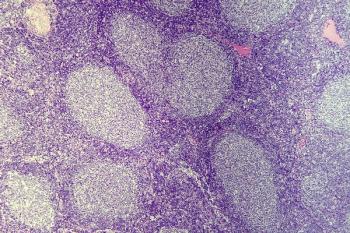
Treatment with liso-cel produces low rates of severe cytokine release syndrome in relapsed/refractory mantle cell lymphoma and follicular lymphoma in the phase 1 TRANSCEND NHL 001 trial and the phase 2 TRANSCEND FL trial.

Black patients appear less likely than their White or Asian counterparts to meet hematologic lab criteria and treatment-related criteria necessary to enroll in clinical multiple myeloma trials.

Francisco Castro-Alonso, MD, and colleagues describe the effects of the use of erdafitinib in a patient with metastatic urothelial bladder cancer.
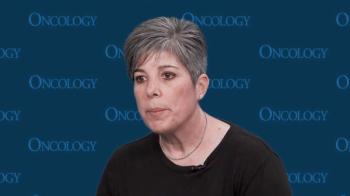
The education of patients on identifying and reporting adverse effects is a critical part of effective toxicity management.
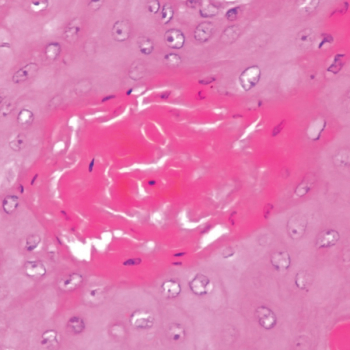
Syed Arslan Shehzad Shah, MD, and colleagues present findings from a broad investigation into this rare neoplasm of the kidney, including data on patient demographics and mean survival.

Patients with relapsed or refractory multiple myeloma who have already undergone lymphodepletion are able to continue receiving treatment with CART-ddBCMA in the phase 2 IMMagine-1 trial.

The combination of venetoclax and ibrutinib may yield long-lasting treatment-free remission among patients with high-risk chronic lymphocytic leukemia.

One role of a physician assistant is to help patients understand their treatment and the results they’re presented with.